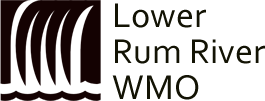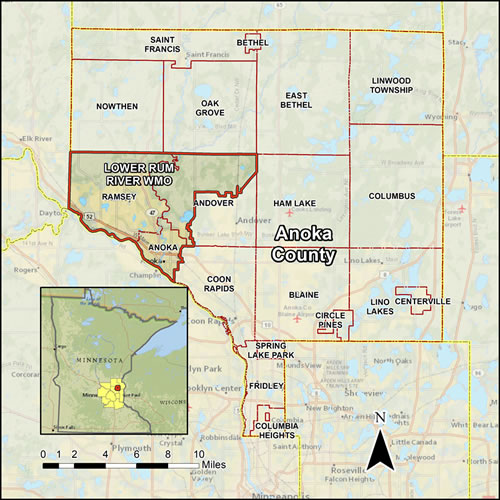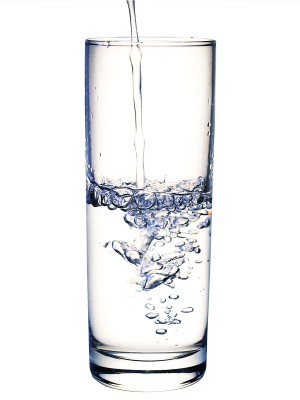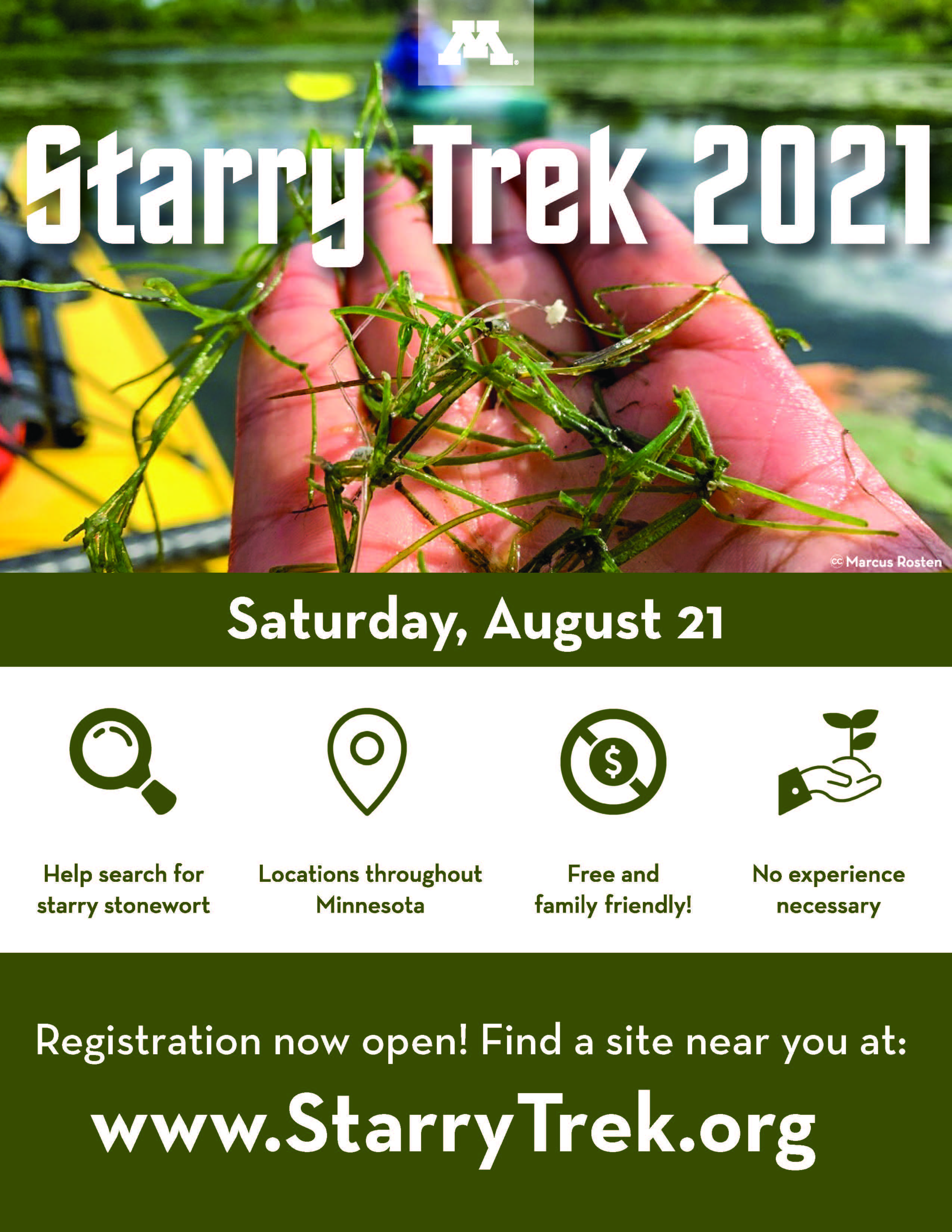State and local agencies have published various newsletters and bulletins throughout this summer. Below is a recap of some of the largest water-related publications issued over the past few months. Click on the link to the publication to read it, and be sure to subscribe to its email list if you enjoy its content!
Minnesota Department of Health’s Waterline Newsletter
The Waterline is a quarterly newsletter for water operators, city officials, and others interested in news related to public water systems in Minnesota. The Waterline includes updates on training sessions along with a registration form for various operator schools as well as feature stories of interest to those in the drinking-water profession.
Minnesota Department of Natural Resources Water Talk Newsletter
Water Talk Newsletter is issued 4 to 6 times per year, or approximately quarterly, and features updates on program news, funding, projects, events, and learning resources for local governments and others involved in floodplain and shoreland management. The newsletter is published with the support of a FEMA grant.
Minnesota Department of Natural Resources Watershed Health Assessment Framework ‘Managing for Heath’
The Watershed Health Assessment Framework provides an organized approach for understanding natural resource conditions and challengers, and for identifying opportunities to improve the health and resilience of Minnesota’s watersheds.
On June 22nd, 2021, the Department of Natural Resources sent out a publication with the title “Wiser about Water Use”. In this edition of their newsletter, they take a look at new tools that tell Minnesota’s water use story.
Mississippi Watershed Management Organization
The Mississippi Watershed Management Organization (MWMO) includes the Anoka County cities of Columbia Heights, Fridley, and Hilltop. They have recently transitioned to monthly newsletters for updates on projects, grants, events, and other items related to the MWMO.
Minnesota Pollution Control Agency Smart Salting News
The Minnesota Pollution Control Agency Smart Salting Program is for winter maintenance and property management professionals seeking to maintain safe surfaces using less salt. Subscribers to this email list receive updates on various Smart Salting Certification Trainings and other related news.
MN Stormwater News (Minnesota Pollution Control Agency)
The Minnesota Pollution Control Agency distributes a quarterly newsletter called MN Stormwater News. MN Stormwater News includes a variety of articles about stormwater topics, including the MS4 permit.
- August 2021 MN Stormwater News – sent out August 4th, 2021
Minnesota Pollution Control Agency SSTS Bulletin
This quarterly newsletter includes subsurface sewage treatment system news and notes for local governments, septic system professionals, homeowners, and others that are interested.
Minnesota Pollution Control Agency On Point Newsletter
The Minnesota Pollution Control Agency On Point newsletter includes news and updates for wastewater discharge permit holders. On Point is typically sent out every couple of months.




 September 27th, 2021
September 27th, 2021  knowtheflow
knowtheflow 









